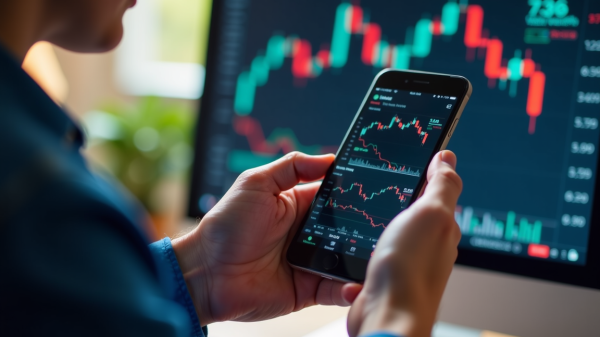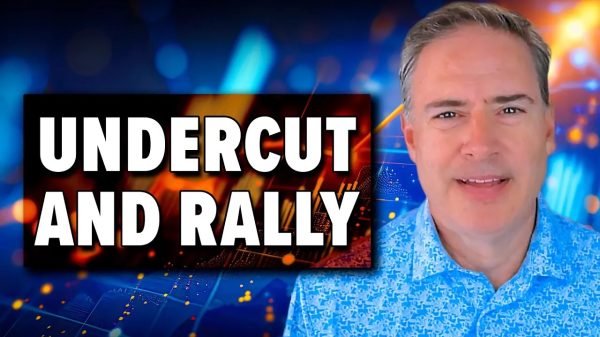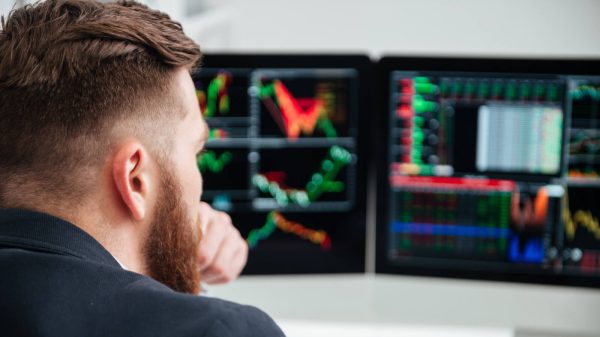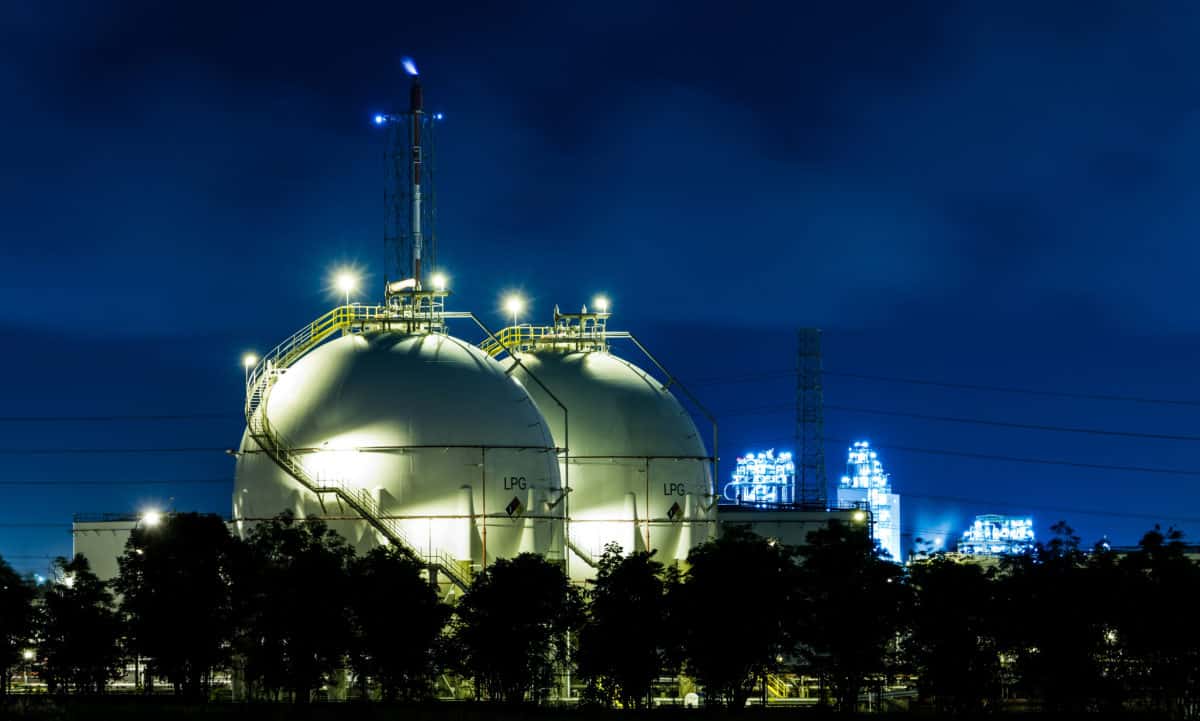Europe’s Gas Market Experiences Significant Weekly Gain
The gas market has always been a complex and dynamic arena, susceptible to various factors influencing supply, demand, and prices. As the energy landscape evolves, keeping an eye on gas prices becomes crucial for both consumers and industries.
We delve into the latest trends in the European gas market, particularly focusing on the significant weekly gain and its connection to LNG risks. Additionally, we explore the concept of “fast gas” and its potential to reshape the energy sector.
Comparing Gas Prices: A Delicate Balance
Price fluctuation is one of the most critical aspects of the gas market. Energy prices are subject to a multitude of factors, ranging from geopolitical tensions to environmental policies. Recently, the European gas market witnessed a remarkable development, with gas prices experiencing their largest weekly gain in two months. This surge can be attributed to the growing risks associated with Liquified Natural Gas (LNG) supply.
The week witnessed an astounding surge in benchmark futures, shooting up by an impressive 28% on Wednesday, only to experience a partial retreat as Friday approached. This rollercoaster ride has left the contract poised for a staggering weekly gain of approximately 30%. A sense of anticipation hangs in the air, with traders keeping a keen eye out for developments surrounding potential strikes looming over three major liquefied natural gas (LNG) facilities situated in Australia. The gravity of the situation is heightened by the fact that these strikes have the potential to disrupt nearly 10% of the global exports of liquefied natural gas.
While natural gas has proven to be a relatively cleaner fossil fuel option compared to coal, oil, and others, it is not immune to disruptions. The European Union heavily relies on imports, and any disruptions in LNG supply can send shockwaves through the market, impacting prices and energy security. This highlights the importance of diversifying energy sources and investing in technologies like renewables and fast gas solutions.
Exploring Fast Gas: A Solution for Energy Resilience
As concerns about energy security and climate change intensify, the need for more innovative and efficient energy solutions becomes apparent. The concept of “fast gas” has gained traction as a potential game-changer in the gas market. Fast gas refers to the ability to quickly respond to changes in demand and supply, thereby enhancing the overall flexibility of the energy system.
On the European front, the Dutch front-month futures, which serve as the continent’s gas benchmark, exhibited a noteworthy gain of 1.2%, soaring to €37.49 per megawatt-hour. This surge was recorded at 9:27 a.m. in Amsterdam, signifying the robustness of the European gas market. Additionally, UK gas prices also saw a rise of 0.9%, further indicating the ripple effect of the fluctuations in global energy markets.
European countries are recognising the importance of European gas storage and maintaining substantial EU gas reserves. These storage facilities act as a buffer against supply disruptions and enable the rapid release of gas during peak demand periods. This significantly contributes to energy resilience, allowing nations to navigate market fluctuations without causing significant disruptions to consumers and industries.
In essence, the volatility in gas prices and the inherent interconnectedness of the energy market underscores the importance of maintaining a robust and flexible energy infrastructure. These factors remind us that the energy landscape is not only shaped by the tangible forces of supply and demand but also by the invisible currents of geopolitics and global economic trends.
Navigating the Gas Market Landscape
The European gas market remains a focal point in the energy industry, susceptible to both regional and global influences. The recent surge in gas prices underscores the vulnerability of the market to supply risks, particularly in the realm of LNG. To counter such vulnerabilities, embracing the concept of “fast gas” through investments in European gas storage and maintaining robust EU gas reserves emerges as a pragmatic solution.
However, underlying these developments lies a concern: the potential vulnerability of US LNG should Asian prices experience a surge due to a supply squeeze. Given that US LNG makes up a substantial portion of Europe’s energy imports, a sudden shift in trade patterns could occur in response to the shifting winds of market economics. A crucial historical context to remember is that, until recently, the region heavily relied on Russian pipeline gas. This dependency has waned in light of dwindling exports. Therefore, any indications of supply disruptions, whether real or perceived, immediately send ripples of nervousness throughout the market.
The gas market’s dynamics will undoubtedly evolve as the world transitions towards cleaner and more sustainable energy systems. Governments, industries, and consumers must collaborate to balance energy security, economic stability, and environmental consciousness. By staying vigilant in monitoring gas prices and adopting innovative solutions, Europe can navigate the intricate web of the gas market and ensure a more resilient energy future.
The post Europe’s Gas Market Experiences Significant Weekly Gain appeared first on FinanceBrokerage.
























